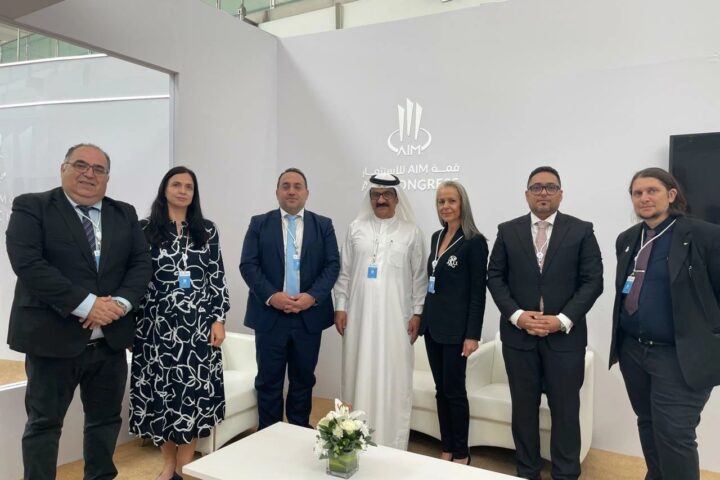The European Commission has presented proposals for “Communicating Europe in Partnership” that include an agreement on communication priorities with other EU institutions and voluntary management partnerships with member states.
Margot Wallström, Vice-President of the European Commission responsible for Institutional Relations and Communication Strategy, said: “The person in the street does not know or care about the differences between EU institutions. They want results and they want to be informed about them. For too long we have blamed one another for the EU’s communication failures. It’s time to end the blame game. It’s time to work together “.
The Commission published its own Action Plan for Communicating Europe in July 2005 in which it set out 50 internal practical measures to improve communication. This was followed in October 2005 by ‘Plan D for Dialogue, Debate and Democracy’, which aimed at stimulating public debate at national and European level on the future of the European Union.
The latest paper is a follow-up to a White Paper published in February 2006. This called for joint action by all the major players – EU institutions, member states, European political parties and NGOs and invited all interested parties to submit comments. Hundreds of replies were received and several conferences were organised to discuss the issues further. The current paper is the result.
The Commission proposes extending the management partnerships it already has with some countries, on a voluntary basis, in order to carry out joint communication initiatives, while an inter-institutional agreement is also proposed to communicate better collectively on agreed priority topics.Â
Other proposals include:
–Â Â Â Â Â Â Developing the network of European Public Spaces in the Commission and Parliament’s offices in the member states. Exhibitions, debates and concerts could be held in these offices;
–Â Â Â Â Â Â Identifying the aspects of school education where joint action at EU level could support member states;
–Â Â Â Â Â Â Civil society contact points within the Commission to make access for NGOs easier and more equitable;
–Â Â Â Â Â Â Improving public opinion polling;
–Â Â Â Â Â Â An internet-based information network to improve communication between European and national politicians, journalists and other opinion formers;
–Â Â Â Â Â Â An audiovisual and an internet strategy to follow in the coming months.







